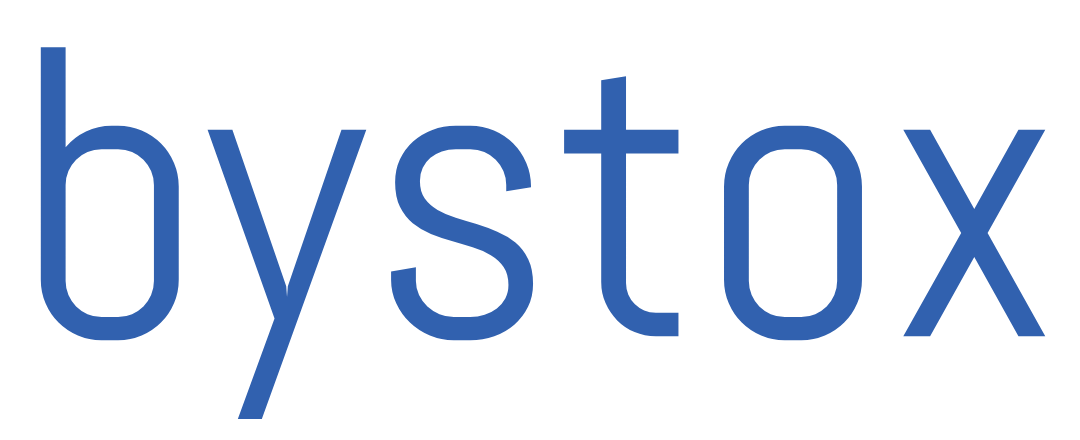Economists surveyed by Reuters project that India’s consumer price inflation likely moderated to a five-month low of 4.91% in March. Despite this decrease, it remains above the Reserve Bank of India’s medium-term target of 4%, mainly due to persistent food price increases.
RBI Governor Shaktikanta Das expressed concerns about food price volatility, emphasizing its impact on millions of low-income households reliant on government food subsidies. The anticipated decline in inflation is attributed to easing momentum in food, fuel, and core items, although base effects also contributed to this trend.
ALSO READ: Experts Predict RBI to Maintain Status Quo as February Food Inflation Remains Elevated
A Reuters poll of economists forecasts a range of 4.57% to 5.35% for March’s inflation data, which is scheduled for release on April 12. Looking ahead, experts predict that inflation will return to the RBI’s target in the next quarter but may exceed it in subsequent quarters, as revealed in a separate Reuters survey on the longer-term outlook.
DBS Bank’s senior economist, Radhika Rao, emphasized the risk of potential supply-side shocks, which could disrupt the downward trend in inflation. Despite this, Rao noted that robust economic growth reduces the immediate need for further monetary policy support.
India’s economy exceeded expectations by growing at 8.4% in the October-December quarter, outperforming forecasts in a Reuters poll. Projections suggest a growth rate of 7.6% for the fiscal year 2023-24, surpassing that of its major peers.
Despite this, many analysts anticipate that the Reserve Bank of India’s next move will be to reduce its key policy rate in the next quarter.
In March, core inflation, which excludes volatile food and energy prices, stood at 3.27% according to the median forecast of 24 economists. However, official core inflation figures are not published.

